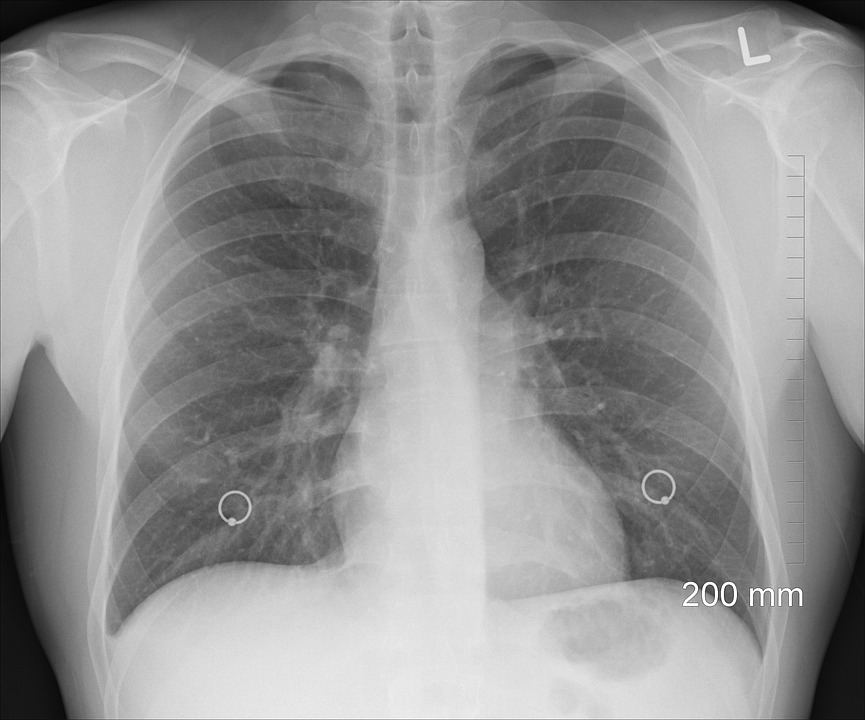Asthma is a chronic disease that inflames the airways in the lungs. As the airways become constricted and narrow, it can be more and more difficult to draw in a breath. Symptoms include wheezing, coughing, shortness of breath, and chest tightness.

(Pixabay / oracast)
The incidence of asthma in the U.S. has risen significantly in the last 30 years. The disease now affects 25 million Americans of all ages, backgrounds, and physical abilities. Not even elite athletes are immune. Soccer star David Beckham, track and field legend Jackie Joyner-Kersee, and world champion diver Greg Louganis have all struggled with asthma.
Asthma is often caused by allergies, but it can be brought on by exercise, too. Research shows that up to a quarter of high school and college athletes have exercise-induced asthma.
Asthma doesn’t have to keep people from being physically active or excelling in sports, however. Whether your asthma is activated by allergies, exercise, or other triggers, here are some tips for managing the lung disease while staying physically fit.
- Medicate smartly. If you have an inhaler, use it 15 minutes before exercising. It will last for at least four hours.
- Stay in shape. Even though it may not be easy to exercise with asthma, do all that you can to stay active. If you are strong and healthy, you’ll be better equipped to manage your asthma.
- Check the weather and pollen forecasts. If pollen counts or pollution levels are high, workout indoors. Watch out for cold, dry weather. It can cause your lungs to work overtime. If you need to exercise outdoors on winter days, wear a bandana or facemask that covers your nose and mouth.
- Rev up slowly. Allow time to warm up for 10 minutes before plunging into more vigorous exercise.
- Breathe through your nose—not your mouth—when performing physical activities.
- Drink lots of water.
- Consider your playing conditions. Do you have grass allergies that trigger your asthma? If so, sports such as football, soccer, and golf that are played on grassy areas could irritate your airways and stir up your asthma.
If you are still experiencing asthma symptoms in spite of your efforts to control the disease, see a physician. Inhalers are helpful, but they don’t get to the source of the problem. If asthma is allergy-related (and it often is), a treatment known as immunotherapy can desensitize you to triggers that are causing your asthma.
Your physician can order an allergy test kit or refer you out for testing with an allergy specialist. If appropriate, your physician can then prescribe sublingual immunotherapy (under-the-tongue allergy drops) or allergy shots to desensitize you to allergens in the environment. If food allergies are to blame, your doctor can order a food allergy test kit and prescribe a food allergy treatment program through sublingual food allergy drops (for nut, wheat, and milk allergy treatment and more).
A solid allergy treatment program can help you manage your asthma and get back in the game.


